Imagine one minute you are happily singing in the shower, soaping up your body, and the next minute you find a strange lump between your underarm and breast. While the lump could be entirely harmless or benign, it could cause you more than a few days of anxiety and several trips to the doctor.

One thing is for sure, breast cancer isn't something one should ever take lightly. It can start off with a few cancerous cells in the breast or surrounding tissue and multiply quickly. Lumps aren't the only potential symptom of breast cancer, it could also show up as discharge from the nipples or a sudden change in the breast or nipple shape or texture.
What causes breast cancer?
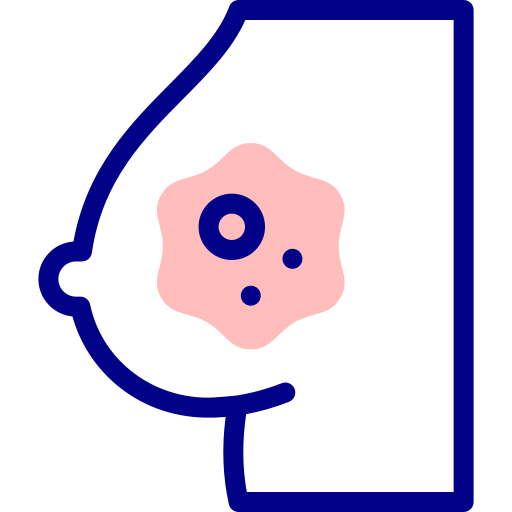 Genetic mutations or damage to DNA can cause breast cancer to develop. This can occur due to estrogen or a family predisposition to cancer-causing genes. Often, a healthy immune system wards off any abnormal DNA. But in some cases, it develops into breast cancer.
Genetic mutations or damage to DNA can cause breast cancer to develop. This can occur due to estrogen or a family predisposition to cancer-causing genes. Often, a healthy immune system wards off any abnormal DNA. But in some cases, it develops into breast cancer.
How can I screen myself regularly for lumps?
Self-screening is easy to do at home and is recommended regularly for all women and girls. It simply requires lying down, placing a pillow under one shoulder, and putting the other arm behind your head so one breast stretches out.
Using your free hand, gently but firmly move your fingers around that breast checking the flesh of the entire breast area and armpit. Don't forget to check for any nipple discharge or lumps there.
If your healthcare professional feels that there might be something serious going on, it's important to stay calm and let your doctor decide what method could be used to screen whether a lump is benign or malignant. These are some of the common ways to screening for breast cancer:
Clinical breast exam (CBE)
A physical exam done by a health care professional during your regular medical check-up is important on an annual basis.
Mammography
This is a popular type of screening where a picture is taken inside the breast that can show tumors that might be too small to feel.
Breast Ultrasound
Another method is using sound waves to create sonograms (pictures) of different parts of the breast.
Breast magnetic resonance imaging (MRI)
Magnetic resonance imaging (MRI) uses a diagnostic exam that combines large magnets, radio waves, and a computer to create photos of different internal bodily organs.
Biopsy
In a breast biopsy, a breast tissue sample isremoved for testing and sent to a lab for examination where healthcare professionals analyze it to give a proper diagnosis.
What are different stages of breast cancer?
Breast cancer is usually discovered at 4 different stages, and decisions around treatment differ for each stage.
For instance, Stage 1 is completely treatable but can require surgery or radiation treatment or hormone therapy.
Even for stage 3 breast cancer cases, life expectancy and survival rates are improving every year. The survival rates for stage 3 breast cancer are 86% for females and 83% for males.
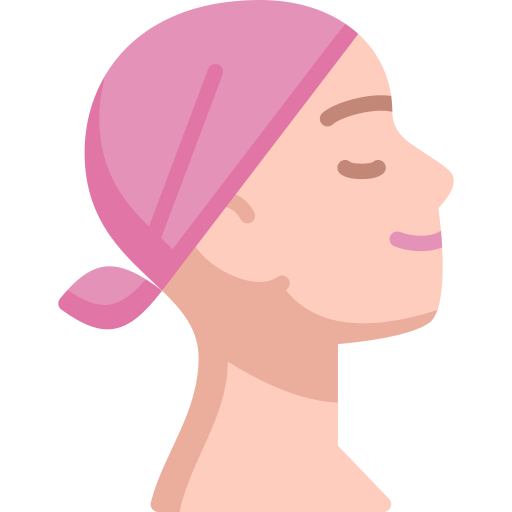
Quiz
25-year old Saher lives in a small town near Karachi. She recently felt a lump in her breast. What should she do?
What factors might make someone vulnerable to breast cancer?

There are certain factors that we can change and control about cancer but others that we can't at all!
One of them is our hereditary makeup. Almost 5% to 10% of breast cancer cases are due to gene mutations that have been transferred or passed down from your family. For instance, inherited mutations of BRCA1 and BRCA2 can result in abnormal cell growth leading to cancer.
Many women with mothers who've had breast cancer get screenings because having a BRCA1 or BRCA2 gene mutation has a 7 in 10 chance of developing breast cancer by the age of 80. They could also develop cancer in both of their breasts. These genetic mutations have increased recurrance in Jewish people of Ashkenazi Eastern European origin.
How can I reduce my risk of breast cancer?
While there is still ongoing research that about what can be done to avoid breast cancer, there are some things you can do to lower your risk.
Drink alcohol in moderation. Over 100 studies have linked alcohol consumption and breast cancer risk in women.
Maintain a healthy weight. The majority of research concludes that higher body fat leads to increased cancer risk. This also means that you should try to eat healthily and exercise often.

Encourage breastfeeding. Mothers who breastfeed are less likely to develop breast cancer, especially those who breastfeed for more than six months. 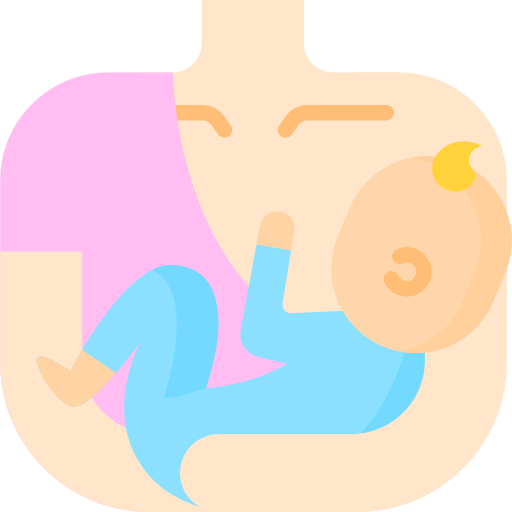
Limit postmenopausal hormone therapy. Women experiencing menopause or those who have had their ovaries removed by surgery can sometimes rely on hormone therapy. However, using this long-term can lead to an increased risk of developing breast cancer.
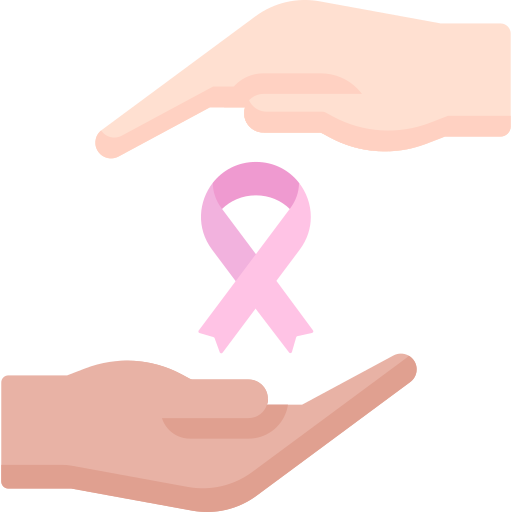
What countries report the highest number of breast cancer cases and deaths?

While Barbados, Fiji, and Jamaica report the highest number of deaths, Belgium, Netherlands and Luxembourg have the highest number of incidences. If you're wondering why European countries have higher incidence rates, one reason is that more people get screened regularly by healthcare professionals, as opposed to other countries where breast cancer is reported and found at the last stages.
In Asian countries like Pakistan and Afghanistan, women aren't fully aware of at-home screening and there may be fewer affordable, accessible healthcare facilities to handle breast cancer cases. In Pakistan, 1 in 9 women are at risk of a breast cancer diagnosis in their lifetime. In Afghanistan, facilities for radiation or chemotherapy aren't readily available for women, which can make breast cancer a death sentence for many women.
Can men get breast cancer?
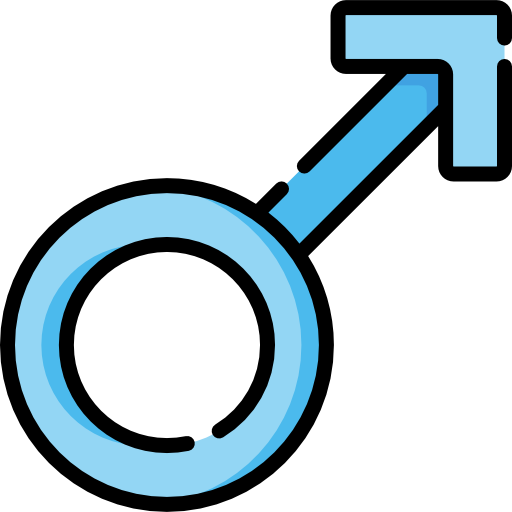
YES! Men too get breast cancer but not as commonly as women. Its symptoms are the same as they are in women. In children, breast cancer isn't common but does happen. Breast cancer also doesn't have a fixed age — it appears more frequently in men aged 40 and up.
Take Action

How can I raise awareness about breast cancer in my community?
Your feedback matters to us.
This Byte helped me better understand the topic.
